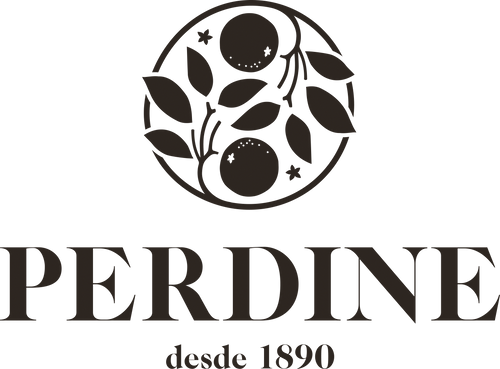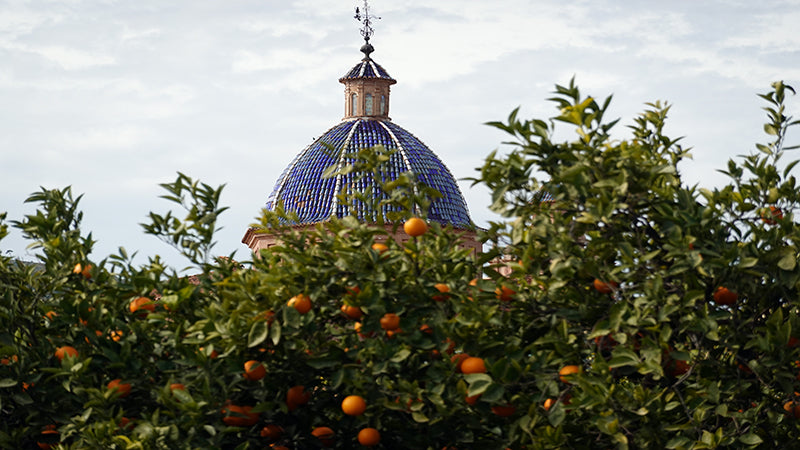Valencia: a paradise of oranges and tangerines
In the Valencian Community, oranges and tangerines are much more than just fruits, they are the essence of regional identity, impregnating the history, economy and local gastronomy. This connection with citrus is especially intense in places like Les Valls de Sagunt , a privileged enclave where these fruits acquire exceptional quality. The tradition of growing oranges and mandarins in this area dates back more than a thousand years, when the Arabs introduced the first orange trees to Spain. Since then, the cultivation of these fruits has become a fundamental activity in the region, with Valencian oranges and mandarins from Les Valls de Sagunt gaining international recognition for their sweet, juicy flavor and high quality.
China: the origin of mandarins and oranges
Both fruits have an important place in Chinese culture, where they are considered symbols of abundance and good fortune. During the Lunar New Year, which is the most important celebration in the country, it is common to give tangerines and oranges as a wish for prosperity for the coming year. Tangerines especially, with their leaves intact, are associated with longevity and eternity, being a desirable gift among friends and family.
United States: Oranges from Florida and California
In the United States, both Florida and California are states recognized for their citrus production. In Florida, the orange has become a true emblem of the state. So much so that orange juice is the official drink of Florida and its image appears on vehicle registration plates. Meanwhile, in California, Clementine mandarins, known locally as "Cuties," have gained popularity in recent years due to their sweetness and ease of peeling, becoming a favorite snack among children and adults.
Japan: The Yuzu and the Mikan
In Japan, while not exactly oranges or tangerines, Yuzu and Mikan have a special place in local culture and cuisine. Yuzu is a citrus fruit whose unique and distinctive flavor is highly valued in many traditional Japanese dishes, both sweet and savoury. On the other hand, the Mikan, an easy-to-peel and sweet-tasting variety of mandarin, is extremely popular and is often eaten during winter as a dessert or snack.
Comparison with Valencian traditions
Unlike other cultures, in Valencia oranges and tangerines are less symbolic and more vital. They are the heart of the region, which owes a lot to these citrus fruits. They are the basis of numerous recipes in Valencian cuisine, from the famous orange juice that is consumed at all hours, to the use of its peel in confectionery and cooking. The streets of the city are adorned with orange trees, which in addition to providing shade, decorate the city with their bright fruits and fragrant orange blossom. Somehow, while in other places oranges and tangerines are gifts or symbols, in Valencia they are a way of life.
Conclusion
It is fascinating how the same fruit can have so many different meanings and uses all over the world. Although the ways in which oranges and tangerines are grown, eaten and appreciated vary from place to place, all of these cultures share a love for the sweet and refreshing taste of these fruits. Regardless of how or where you enjoy them, oranges and tangerines always add a touch of sunshine to your day.

